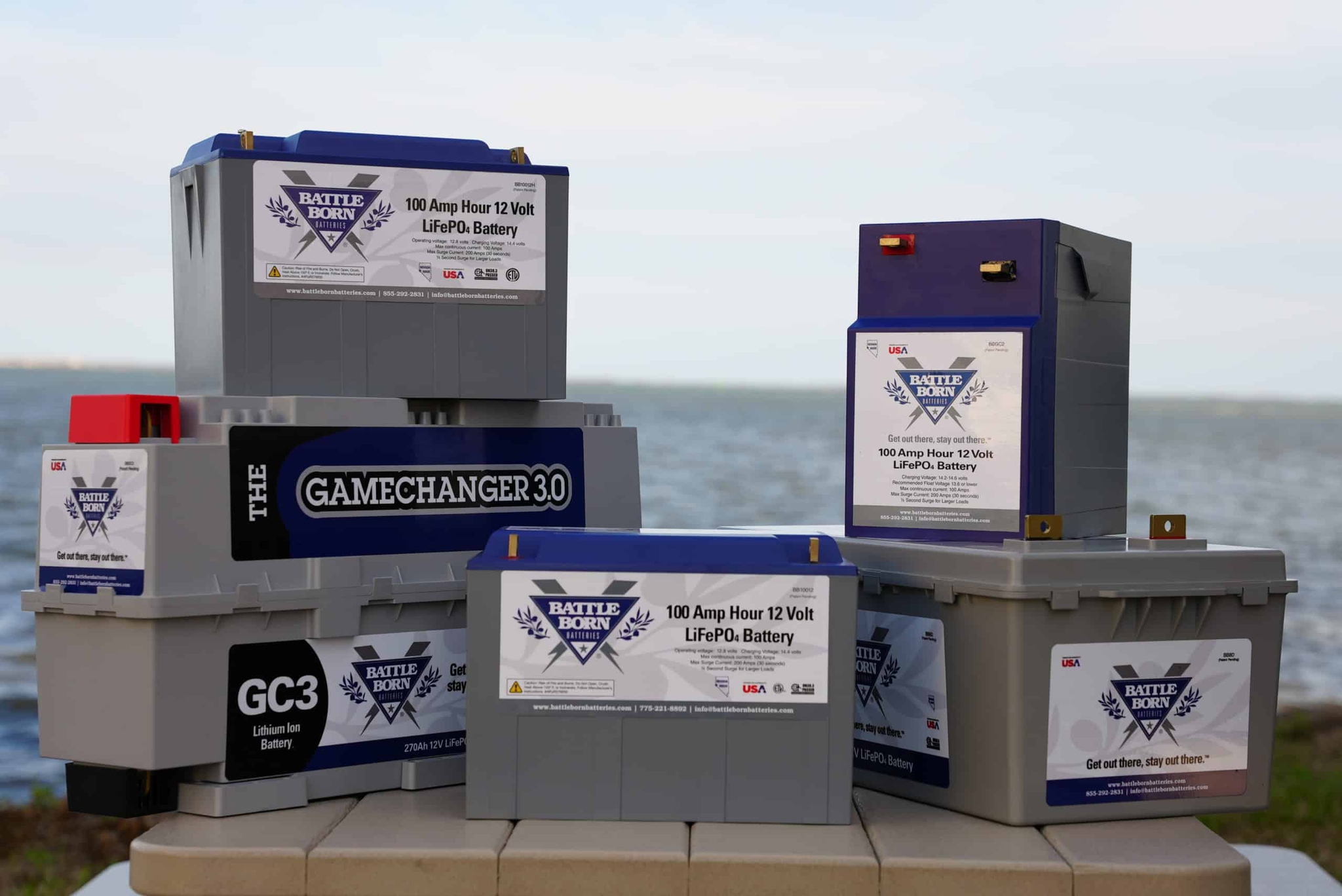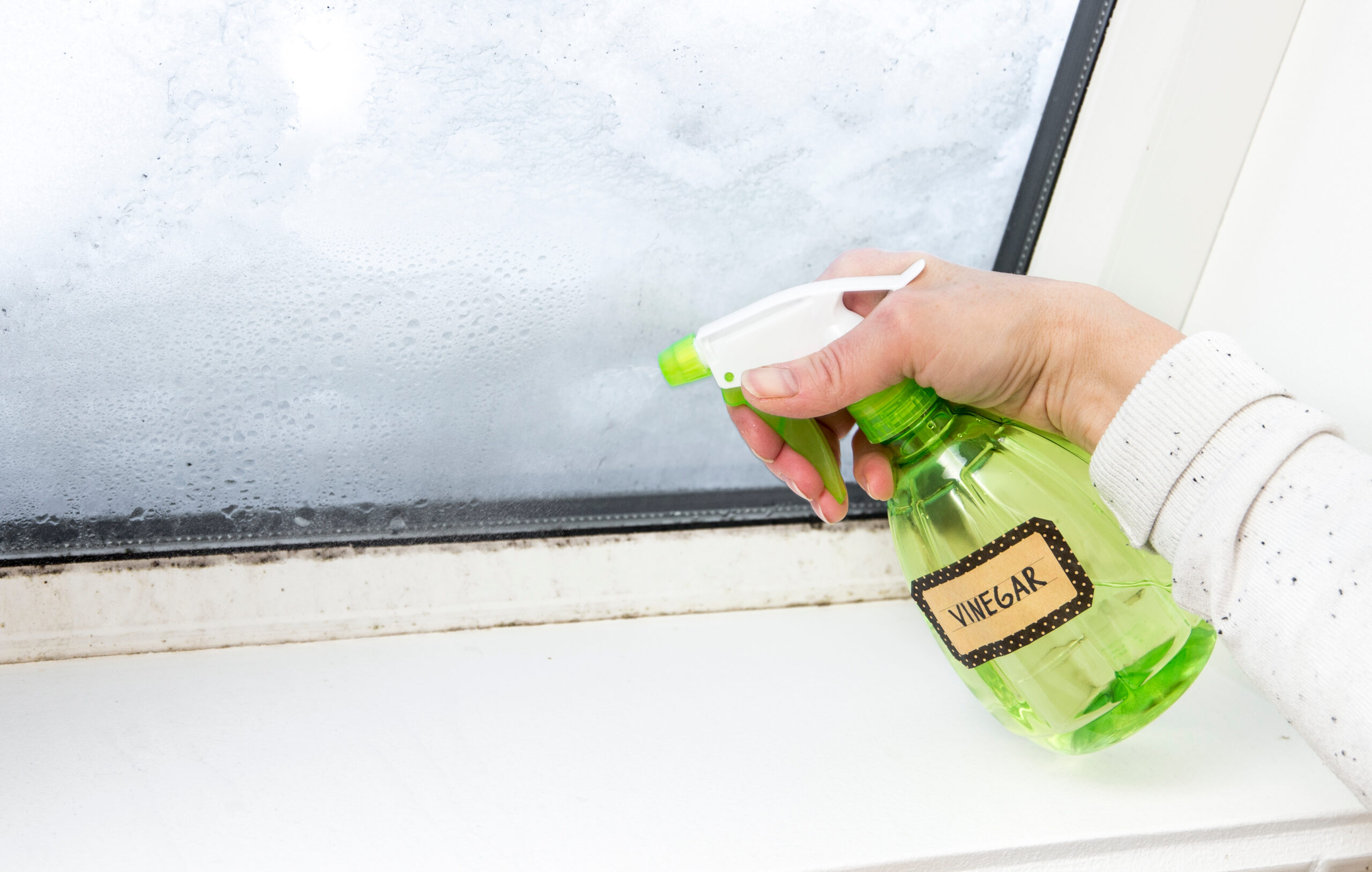
How Long Do RV Batteries Last?
How long do RV batteries last? Well, that depends on a few things. The type of RV battery, whether it’s been maintained properly, and charge levels and discharge levels all factor into how long an RV battery will last.
3 Types Of RV Batteries
There are three types of RV batteries. Each type of RV battery has its own life expectancy between 6 years and 10 years. Flooded lead-acid batteries have the shortest lifespan and lithium batteries have the longest lifespan of all three battery types. No matter what type of battery you have, they require care to ensure that they last as long as they are supposed to, although LifePO4 lithium batteries are maintenance-free.
Each of the 3 types of RV batteries has its own life expectancy. Let’s dive into the 3 RV battery types, how long you can expect them to last, and what each of them needs to maximize its lifespan.
Deep Cycle RV Flooded Lead Acid Batteries
How long do flooded lead-acid RV batteries last? 3-6 years
Flooded lead-acid batteries are the most popular RV batteries. These batteries are usually the lowest priced of the three battery types and they are almost always the ones that come with our RVs. Flooded cell batteries contain 6 cells filled with lead plates that must be kept covered in liquid sulfuric acid in order to store electrical energy. This is where the name “flooded cell” comes from.
Maintenance needs:
Flooded cell RV batteries last longest if they are maintained according to the battery manufacturer’s directions. These batteries must be checked and refilled with distilled water every 2-6 weeks. The length of time between fills depends on how much you are using them, but allowing them to run dry even once will significantly impact their lifespan.
Flooded cell lead-acid batteries should never be discharged below 50% of their capacity, so you need to monitor their levels. DIscharging more than this will reduce their life expectancy significantly. It’s worth noting that these batteries self-discharge at a rate of 4% per week, so keeping them charged with a solar panel, or by other means, is necessary to maximize their life.
Deep Cycle RV Absorbed Glass Mat (AGM) Lead Acid Batteries
How long do AGM RV batteries last? 6-10 years or more
Absorbed glass mat (AGM) type batteries cost more than flooded lead-acid batteries, but still cost less than lithium batteries. These batteries also contain sulfuric acid and lead plates, but they also contain a glass mat separator that wicks an electrolyte solution between battery plates.
As the battery operates, the electrolyte is transferred from the glass mat to the battery plates. The mat contains enough electrolyte for the battery to deliver its full capacity and if the battery is tipped over, the electrolyte will not spill.
Maintenance needs
AGM batteries are virtually maintenance-free, in that they are sealed and never require refilling. They will last longer if they are charged only with the manufacturer’s suggested charger and never over- or under-charged. Discharging AGM batteries more than 50% will reduce their life expectancy significantly. Self discarge ranges between 1%-4% per month.
Lithium Iron Phosphate Batteries
How long do lithium RV batteries last? 10 years or more
Lithium RV batteries have the longest lifespan of any RV battery and are completely maintenance-free. They cost around $700-$1600, so their cost keeps many RVers from using them. However, they have so many advantages over other battery types, they should definitely be on everyone’s RV wish list.
Lithium-ion batteries are sealed batteries that function in much the same way as lead-acid batteries. The difference is that lithium-ion RV batteries contain lithium iron phosphate instead of lead and acid. Known as LifePO4, lithium-ion batteries are far less susceptible to overheating and explosive chemical reactions than the lithium-ion batteries used in cell phones and laptops.
Lithium LifePO4 Batteries Have a Few Advantages
These sealed batteries weigh half of what other battery types weigh and can be stored in any position since they are sealed (and don’t contain any sulfuric acid). They can even be discharged to 100% and recharge much faster than any other type of RV battery, so you won’t need as many lithium batteries as lead-acid batteries.
“A high-end deep-cycle lead-acid battery costs about $180. Multiply that by 10 and you get $1800. In the time it takes to use up one $1300 lithium battery, you could have spent $1800 replacing lead-acid batteries. This is over the years of course. When determining if RV lithium batteries are right for you, it’s important to factor in cost over time and not just the initial cost of the hardware.”
Levi Henley, Camper Report
Make sure you keep track of all your RV maintenance and repairs with an online tool such as RV LIFE Maintenance. Not only can you keep all of your documents in one place, but you’ll also receive timely reminders when maintenance is due to help you avoid costly repairs and potentially serious accidents.
Related articles:



